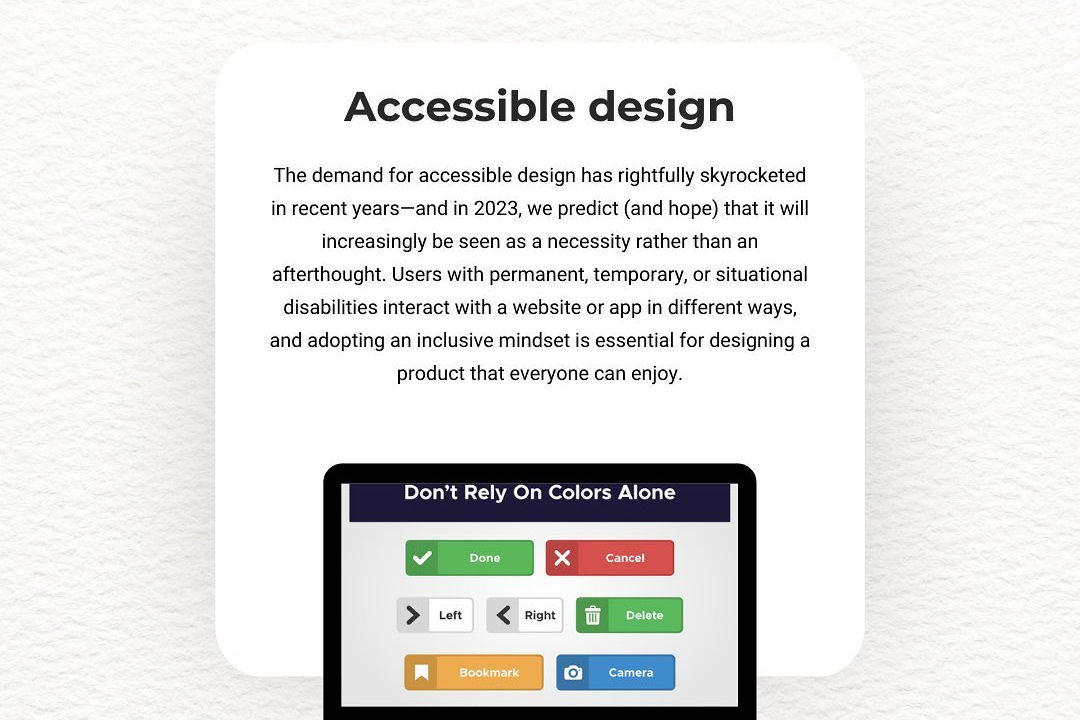Why JAVA is Case Sensitive
Exploring the Case Sensitivity of Java
Why JAVA is Case Sensitive
Java is case sensitive because it distinguishes between uppercase and lowercase characters, allowing developers to differentiate between variables, methods, classes, and other identifiers based on their case. This sensitivity enhances code clarity and readability by ensuring that each identifier is distinct and easily identifiable within the code. It also helps prevent naming conflicts and ambiguities, ultimately promoting a more organized and structured programming environment. This feature is essential in Java's strict syntax and plays a crucial role in maintaining consistency and accuracy in coding practices.
To Download Our Brochure: https://www.justacademy.co/download-brochure-for-free
Message us for more information: +91 9987184296
1 - Java is case sensitive because it distinguishes between upper and lower case letters in variable names, class names, method names, and other identifiers. This helps maintain consistency and precision in coding practices.
2) In Java, if you declare a variable as “myVariable” it is different from “myvariable” or “MYVARIABLE”. This rigorous distinction helps avoid errors and confusion while coding.
3) Java's case sensitivity ensures that identifiers are unique within the program. For example, you can have variables named “firstName” and “LastName” without them being considered the same due to differences in case.
4) By being case sensitive, Java promotes good coding habits and conventions. Programmers are encouraged to use consistent naming conventions, making the code more readable and maintainable.
5) Java's case sensitivity is integral to the language's design philosophy, which prioritizes reliability, predictability, and a high level of detail in code structure.
6) Understanding and following Java's case sensitivity rules is essential for writing error free code and for effective collaboration in team projects.
7) One of the key benefits of Java's case sensitivity is that it allows for a wider range of possibilities when naming variables, methods, and classes. This flexibility can enhance code expressiveness and make the program more intuitive.
8) When conducting a training program for students on Java programming, explaining the rationale behind Java's case sensitivity can help them grasp the importance of naming conventions and attention to detail in programming.
9) Students learning Java should practice using consistent naming conventions and following Java's case sensitivity rules to develop good programming habits early on in their learning journey.
10) Teaching students about Java's case sensitivity early in their training program will equip them with the fundamental knowledge needed to write clean, efficient, and maintainable code in Java.
11) Demonstrating the significance of case sensitivity in Java through practical examples and exercises can help students internalize these concepts and apply them effectively in their coding projects.
12) Emphasizing the role of case sensitivity in Java can also help students understand the potential pitfalls of inconsistent naming practices and how adhering to conventions can improve code readability and maintainability.
13) Incorporating hands on exercises that require students to correctly use case sensitivity in Java coding tasks can enhance their understanding and retention of this important language feature.
14) Providing guidance on best practices for naming conventions, including the use of case sensitivity, can empower students to write code that is not only correct but also adheres to industry standards and promotes collaboration in real world programming environments.
15) Overall, a solid understanding of Java's case sensitivity is crucial for students embarking on a career in programming, as it forms the foundation for writing clean, organized, and efficient code in one of the most popular programming languages in the industry.
Browse our course links : https://www.justacademy.co/all-courses
To Join our FREE DEMO Session: Click Here
Contact Us for more info:
- Message us on Whatsapp: +91 9987184296
- Email id: info@justacademy.co












